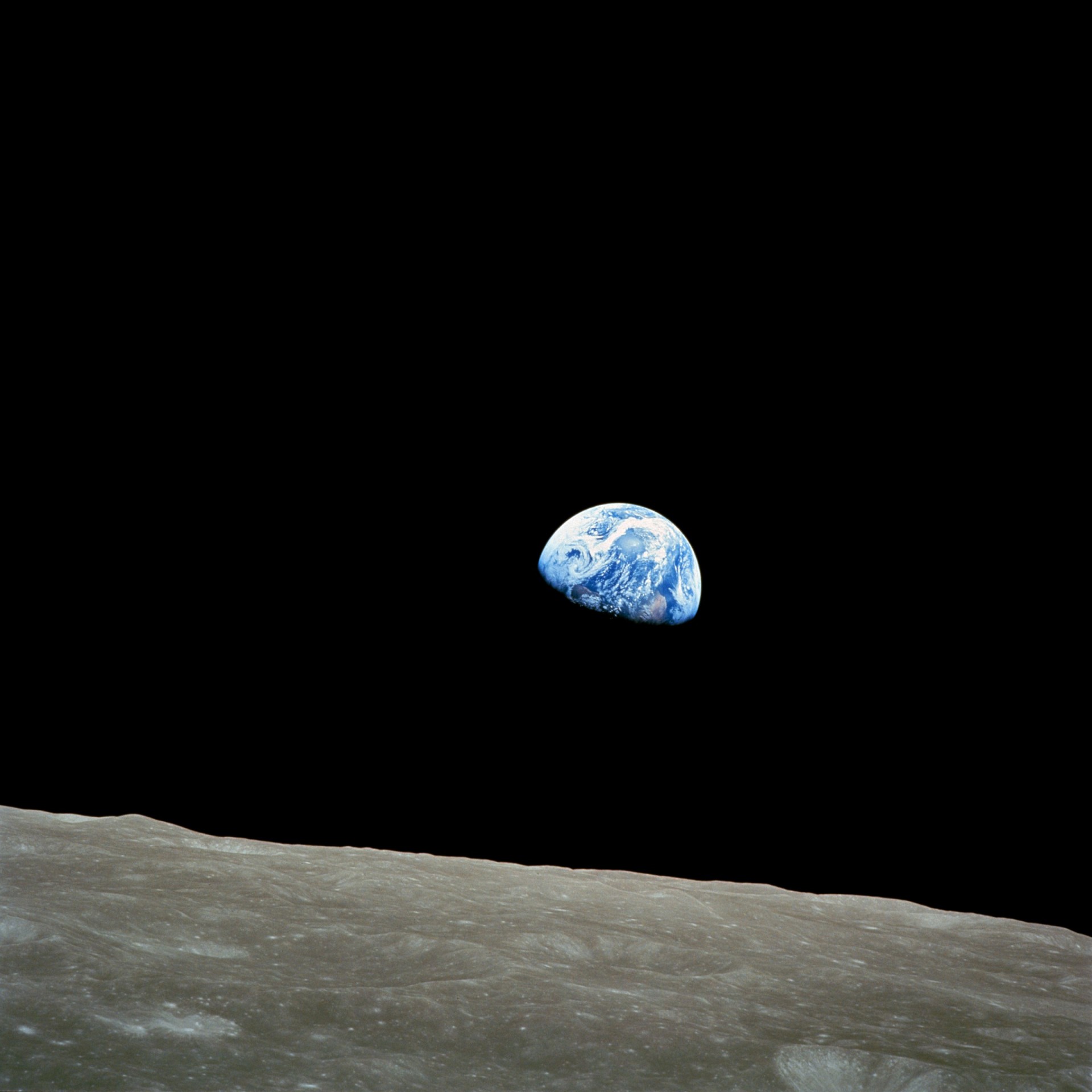This month, as we continue to struggle with the COVID-19 pandemic, we also must raise our eyes to the horizon and reflect on lessons learned and future challenges.
Stephen Smith | April 22, 2020 | Climate Change, Energy PolicyToday marks the 50th Anniversary of Earth Day, which also coincides with the 10th Anniversary of the disastrous Deepwater Horizon oil spill – but what is front and center in most people’s mind is that here in the United States we are in a massive experiment – one where we have largely shut down our economy in order control a pandemic that has hit our country hard, and for which we were not well prepared. We are now navigating a world very different from what we are accustomed to as we face universal upheaval as COVID-19 disrupts every corner of the globe and every aspect of modern life.
Today, above all, my thoughts are with those individuals and their families who are suffering directly from the virus. My gratitude extends to the professionals and frontline workers called on to put the health and safety of others before their own. I have a son working in the ICU of a hospital that I’m both proud of and concerned for each and every day.

This month, as we continue to struggle with the COVID-19 pandemic, we also must raise our eyes to the horizon and reflect on lessons learned and prepare for future challenges.
Parallel Lessons: COVID-19 and the Climate Crisis
As someone trained in biology and health science, I cannot ignore the striking parallels between the current COVID-19 pandemic and the accelerating climate crisis. The most apparent and compelling of these is the fact that for decades, scientists have repeatedly warned policymakers about these future threats, and that policymakers have largely ignored or inconsistently responded to these warnings. Understanding and valuing science can serve as a forward-looking crystal ball, and coupled with proactive planning can help us avoid worst-case scenarios.
We are already living in real-time with the implications of this refusal to act early on the science of the pandemic. Simultaneously, and alarmingly, we are continuing this pattern of refusal, as decision-makers daily turn a deaf ear to the science around climate change, setting the stage for additional profound disruptions rather than taking smart actions to protect our society. As outlined in a recent NY Times article, our politics must change to reflect and value sound science or we will continue to pay an enormous price.
Another striking parallel between these two societal threats is they both undermine our country’s ill-placed senses of nationalism and isolationism. COVID-19 clearly demonstrates how public health policy decisions in China can irreversibly and immediately impact the US and the world, in the same way, carbon emissions from India will impact the climate in Africa, and plastic thrown in the South Pacific Ocean may wash a world ashore away. Natural laws (basic chemistry, biology, and physics) transcend human-made laws, markets, and political borders. The idea that we can somehow protect ourselves at the expense of ‘others’ is a fallacious concept that will ultimately fail us. It is always important to remember “Mother Nature bats last.”
As the days and weeks pass, COVID-19’s direct impact on the carbon emissions at the root of the climate crisis is becoming increasingly clear – energy-related carbon emissions are down significantly worldwide as people shelter in place, work from home, and cancel travel plans. In fact, as I write this the oil future markets have gone “negative” for the first time in history, and while I’m sensitive to the near term economic hardship oil and gas workers are experiencing, I’m confident that this will not be the last time the value of oil and gas will approach zero. A pandemic has caused the market collapse this time, but in the near future, the ravages of climate disruption will lead to another major devaluation of these climate poisons.
Other foundational pillars of our consumer society are also cracking under the weight of change. Major ‘brick and mortar” department stores, anchor tenants for many suburban malls, which were already on life support from online shopping, are likely to be one of the bigger economic fatalities of the pandemic. Coming out of the 2008 recession we witnessed the trend that utility electric power demand remained flat to decreasing even as the gross domestic product rebounded. We are likely to see that trend accelerate with the loss of major retail outlets. Perhaps we are on the cusp of an opportunity to use smarter tactics that will advance more environmentally friendly actions, but the devil is in the details.
We Can Make a Better Future
How we move past COVID-19 will be a defining milestone for modern society. How we deal with the looming climate crisis will be another major test.
One thing is for sure: the world after the pandemic will be a very different place than before. As we move into that future, we will have opportunities to embrace changes that are more protective, resilient, and healthy; and that anticipate and mitigate future challenges in a proactive way. The good news is, if we, as a society, will allow science, rooted in fact and logic, to guide our decisions and inform our policies, we will be safer, healthier, and happier. As my colleague, Susan Glickman in Florida recently reflected,
In fact, on this 50th Earth Day, I continue to hold fast to my belief that the future WILL be cleaner, safer, and healthier, and my belief that with smart collective and individual actions we can minimize the damage of this pandemic. In the same way, we can assimilate some of the most valuable and applicable lessons to move forward by minimizing the worst impacts of the climate crisis on our communities. Maybe, just maybe, if there is a silver lining in this devastating healthcare emergency, it’s that we come together as a people; trust that smart, science-driven collective action can and will solve big problems; and relearn how to use planning and foresight to anticipate and avoid future devastating disruptions be they biological or climatic.
As technical expert advocates on the climate and energy fronts, SACE will continue pushing for strong, solid, evidence-based solutions to the threats facing our global society. We will continue to work, harder than ever, for smart policies and local actions that can lead to universal and equitable solutions. We will base our advocacy on science and on the recognition that we are all, humans and non-humans, in this together.
